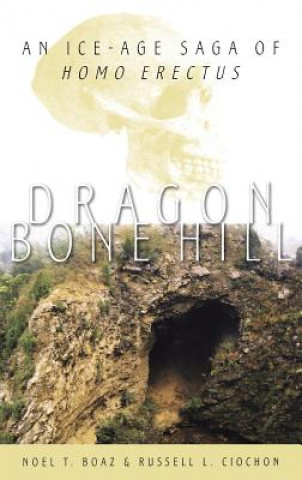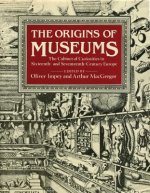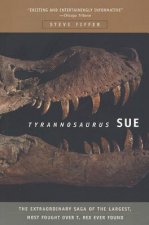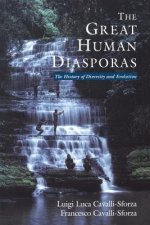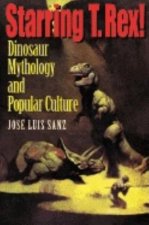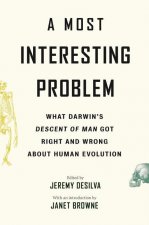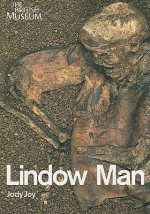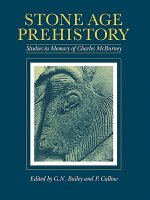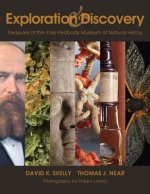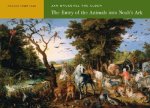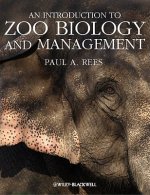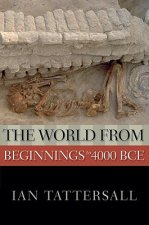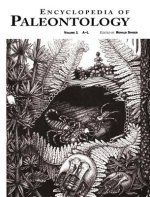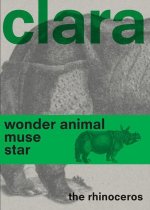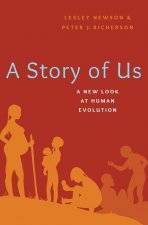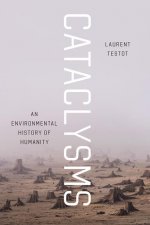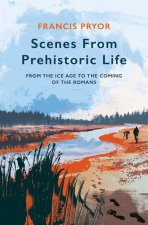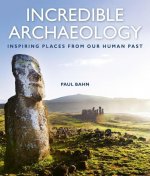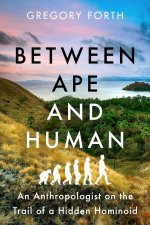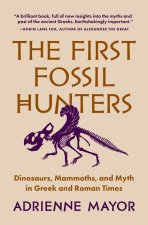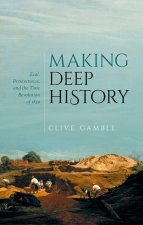
Kézbesítés
Vásárlási tanácsadó





Nem vált be? Semmi gond! Nálunk 30 napon belül visszaküldheti
 Ajándékutalvány
bármilyen értékben
Ajándékutalvány
bármilyen értékben
Ajándékutalvánnyal nem nyúlhat mellé. A megajándékozott az ajándékutalványért bármit választhat kínálatunkból.
Dragon Bone Hill
 Angol
Angol
 124 b
124 b
 toplistás
toplistás
30 nap a termék visszaküldésére
A vásárlók ilyet vásároltak


"Peking Man," a cave man once thought a great hunter who had first tamed fire, was actually a composite of the gnawed remains of some fifty women, children, and men unfortunate enough to have been the prey of the giant cave hyena. Researching the famous fossil site of Dragon Bone Hill in China, scientists Noel T. Boaz and Russell L. Ciochon retell the story of the cave's unique species of early human, Homo erectus. Boaz and Ciochon take readers on a gripping scientific odyssey. New evidence shows that Homo erectus was an opportunist who rode a tide of environmental change out Africa and into Eurasia, puddle-jumping from one gene pool to the next. Armed with a shaky hold on fire and some sharp rocks, Homo erectus incredibly survived for over 1.5 million years, much longer than our own species Homo sapiens has been on Earth. Tell-tale marks on fossil bones show that the lives of these early humans were brutal, ruled by hunger and who could strike the hardest blow, yet there are fleeting glimpses of human compassion as well. The small brain of Homo erectus and its strangely unchanging culture indicate that the species could not talk. Part of that primitive culture included ritualized aggression, to which the extremely thick skulls of Homo erectus bear mute witness. Both a vivid recreation of the unimagined way of life of a prehistoric species, so similar yet so unlike us, and a fascinating exposition of how modern multidisciplinary research can test hypotheses in human evolution, Dragon Bone Hill is science writing at its best.
Információ a könyvről
 Angol
Angol




 Hogyan vásároljunk
Hogyan vásároljunk















